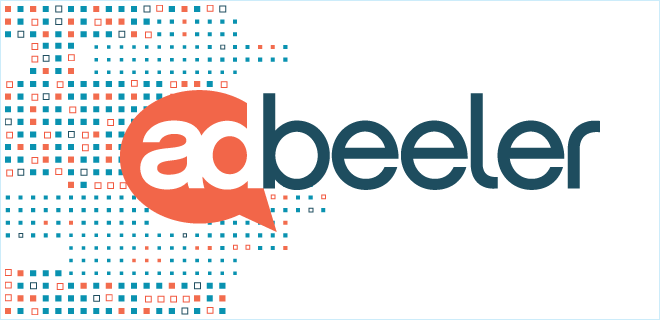
What an incredible ride it has been—October 1 marked my 10-year anniversary at AdMonsters. That includes 25 Publisher Forums in the U.S., 9 major Ops conferences in New York, at least a dozen EU events, and even a trip to Australia.
That’s a lot of “Welcome to AdMonsters!” Hell, I’ll be saying it again in only a few weeks in Austin!
I shared this news with friends and while the demand for an AdMonsters book seems high, I think there is just as much demand that I not write down what I’ve witnessed over the years.
PubForums are in no way comparable to say Studio 54, but there are plenty of “You had to be there” stories that should remain only told by witnesses. Meet you at the water tower, anyone?
But someone also posed me this: “Comparing where you were 10 years ago and what ad operations looks like now, is it what you expected?” And if that wasn’t enough of a head-scratcher, they followed up with “What do you think is the biggest topic AdMonsters will cover 10 years from now?”
What a great pair of questions that deserve some serious thought and reflection… More than I likely have time to do at the moment. (I actually think I’ll ponder more on this to coincide with AdMonsters’ 20th anniversary at Ops next June.)
So much has happened over the past couple of years that it’s tough to even know where to start. A better approach might be to track changes over time, which is why I enjoy my collaboration with Matthew Goldstein (.msg) on his “What I Saw Happen” reports.
His third-quarter 2018 report is his 14th time sending out an email about the various parts of the industry he finds most interesting. Here’s Matt and I discussing the latest findings:
Looking at the report and thinking about the above questions, I can safely say I did not anticipate the full extent to which technology would transform media. We naive pioneers expected the Internet to take what already existed in media and just make it faster and more accessible.
Instead technology has redefined what media (and advertising) is, and it continues to do so. Matt has said in his reports—and even at an Ops session a couple of years ago—that the big difference between the Googles and Facebooks of the world and media companies is that the platforms invest in engineers and analysts. Code is the language of the future, and media companies must become fluent to survive.
These shifts in publishing are reflected in the AdMonsters event agendas. I’m quite proud at how early we had a session on blockchain and the potential impact on media. Machine learning, AI, and VR/AR are now standard topics for us.
We’ll take some credit for header bidding taking off as publishers at our events shared notes on their attempts to create a unified auction. Expect further exploration of topics like sandboxing and home-grown solutions to fight ad blockers. We’re also seeing Matt’s call for more engineers to be part of the ad operations team.
That being said, something like user experience—the non-technical piece of media—is still as important a topic as ever. Ironically enough, ad operations can use technology to better connect with humans and meet their needs. The advent of viewability, for example, has encouraged modern website designs and lead to us better understanding the ad experience for users.
But sometimes we get lost in the bidding, threshold, and data talk and forget there’s a human on the other side of the ad. We’re going to be talking about that in LA on Wednesday. As much as the technology evolves, the people part of what we do is what I’ve always enjoyed the most and why I still love this community.